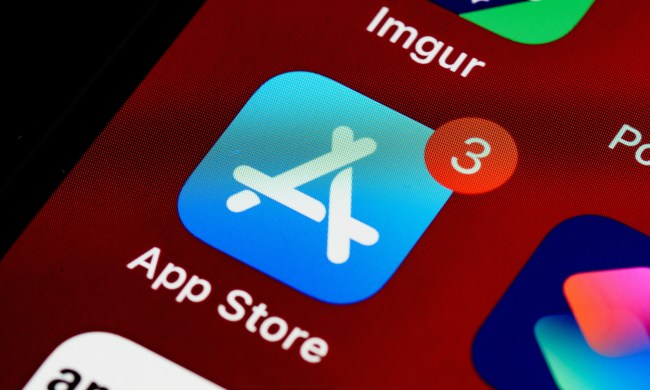
It’s not Moments’ web debut, exactly — Facebook rolled out limited web support for moments this year, when it introduced a way for Facebook users to send and share Moments albums via a hyperlink. Now, it’s been fleshed out. The new interface, accessible from
Moments’ conceit — a shareable, social photo stream — initially played second fiddle to Facebook’s contrived means of promoting it: threatening to delete users’ synced photos if they didn’t install Moments alongside the
The Moments web rollout follows on the heels of an upgrade to Google Photos, Google’s picture-sharing service on the web and mobile devices. Earlier this year, the search giant enabled third-party pic uploads: If you shared an album with a friend via a link, they’re able to contribute content of their own.
Moments’ web interface might be perceived as another attempt to boost the service’s usage. Facebook’s concerted promotional efforts — particularly the July 7 removal of Photo Sync, a feature that automatically uploaded photos from smartphones to a private “Synced from phone album” folder — rocketed Moments to the top of the charts. It ranks No. 171 in the iTunes App Store and No. 131 on Google Play, and
It’s a controversial climb, but it isn’t the first instance of forced adoption by Facebook. In 2014, the social network spun off Messenger as a separate app, later removing chatting functionality from
And it’s not the only controversy Moments has generated. In the EU and Canada, privacy laws forced Facebook to replace the app’s facial recognition tech with a less accurate solution. The modified version of Moments groups together multiple photos that “appear to include the same face,” and prompts users to identify subjects who haven’t been tagged.
Download for iOS Download for Android


